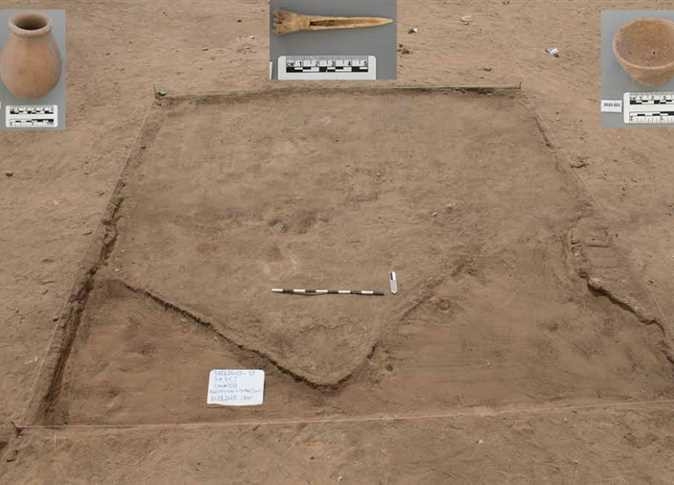Long-lost ancient Egyptian city dating back 7,000 years discovered near Abydos
The discovery was made by Egyptian archaeologists near the city of Abydos.
A lost Egyptian city, predating Egypt's early dynastic era, has been uncovered south of Abydos city, Egypt's Antiquity Ministry has announced. A cemetery was also found, constituted of fifteen huge mudbrick tombs.
The discovery was made during an archaeological mission led by the Ministry of Antiquities. Remains of the town were found 400 metres south of King Seti I Temple, which is situated in Abydos, one of the most ancient cities in Egypt. This newly discovered city is said to date back to 5,316 BCE.

Remains of huts, and artefacts such as pottery and stone tools, suggest the inhabitants engaged in some kind of elaborate manual labour. This points to the fact the city was probably inhabited by senior officials who were responsible for building the cemeteries of the royal family in Abydos city.
The very large size of the tombs provides further evidence of the importance of their owners. The cemetery features many mastabas, a type of ancient Egyptian tomb made of mudbrick, with a rectangular shape, sloping sides and a flat roof.
Before this cemetery was found, the oldest known mastabas were all located at the ancient burial ground of Saqqara.

This discovery could be very important to better understand the earliest period of Ancient Egyptian history and the role of Abydos. It is also significant for the Egyptian authorities because no foreign archaeologists were involved in the mission. The team was constituted of young Egyptian archaeologists who specialised in excavations, pottery, paintings and human bones.
© Copyright IBTimes 2025. All rights reserved.





















